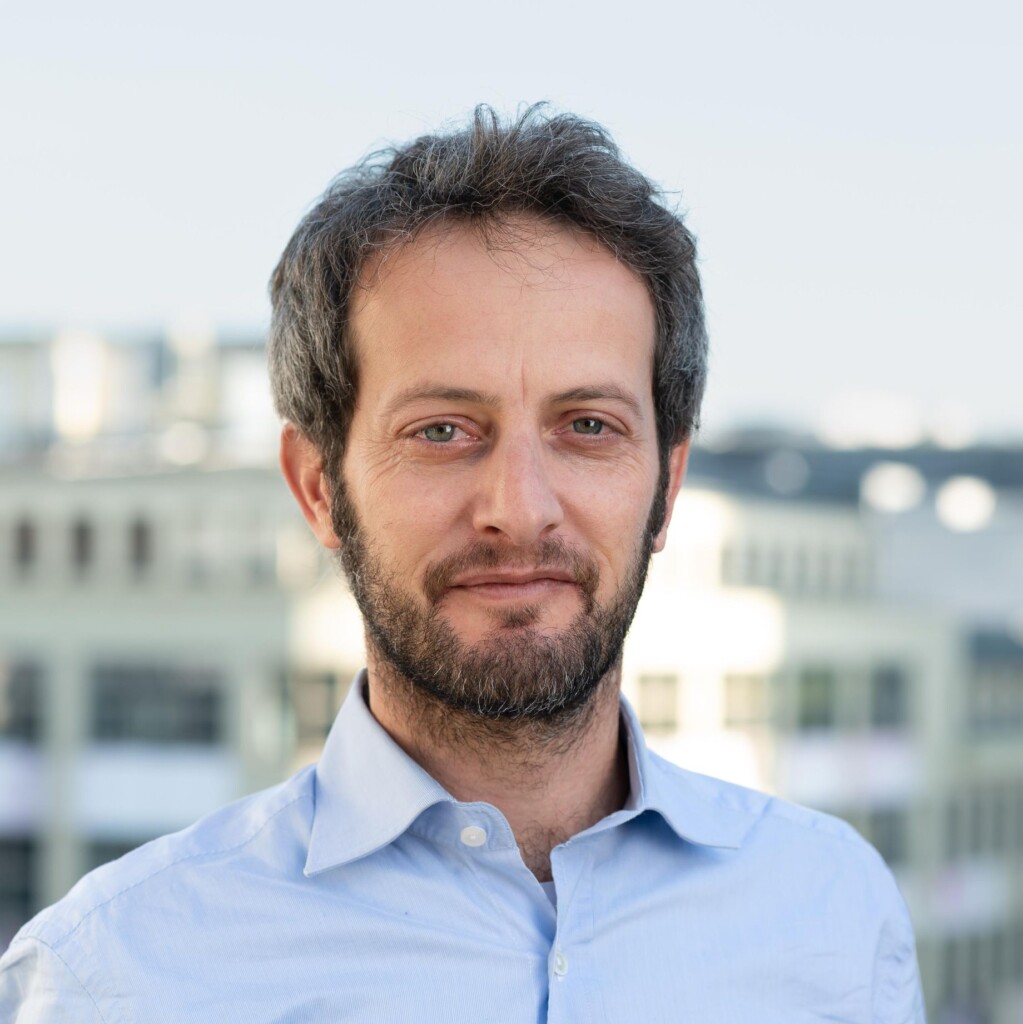Interview
Lawyer Omer Shatz: World leaders are working to delegitimize international courts
"They are part of a broader strategy of delegitimization aimed at undermining the international order established after World War II."

For French-Israeli lawyer Omer Shatz, international judicial institutions are an extraordinarily serious matter: “The Hague Court's basic charter is called the Rome Statute. And it is none other than the Italian government that said ‘we don't care about the Court,’” he explains in an agitated tone over the phone.
Shatz, who is also a lecturer at Sciences Po, the Paris Institute of Political Studies, is co-founder and legal director of Front-Lex, the association of human rights lawyers that on Feb. 5 filed a complaint against Italy with the Chancery of the ICC, the latest measure in a series of initiatives tied to the Libya investigations being pursued by the institution.
“Carlo Nordio was aware that he was the only Italian representative able to interface with the Court, and the judges put their confidence in Italy's commitments,” Shatz continued. “However, it seems they were mistaken to do so.”
The complaint, accompanied by a letter sent to the Court by a Darfur refugee whom Shatz’s firm has represented in other cases against Italy and the EU, highlights the fact that the Elmasry case is just the latest piece in the gruesome puzzle of the Libyan hell.
Mr. Shatz, in the complaint filed in The Hague you mention the names of Italian government representatives, including Giorgia Meloni, Carlo Nordio and Matteo Piantedosi. What is this complaint based on?
The Italian government acted as a trafficker, orchestrating the escape of the suspect, Elmasry. The version provided by Ministers Nordio and Piantedosi to the press and in Parliament features a number of unbelievable contradictions, both in terms of processes and timing.
Based on Article 70 of the Rome Statute, which sets out sanctions for the obstruction of international justice, we believe that the Italian government has committed at least five crimes.
In your opinion, why did Italy agree to take such a high risk by letting Elmasry escape?
The Italian government is actively collaborating with Libyan figures who could end up indicted, such as the persons in the Libyan Coast Guard who first turned away our client from Darfur and later put him on a boat heading to Italy. Although Elmasry is relatively small fry, if he were to appear before the ICC prosecutor's office, the system of relations with Italy and the mechanism of migrant refoulement could also have been exposed in detail.
It must be said, however, that the Court has a history dotted with ignored or disregarded crimes, because it has to rely on national judicial systems, which often put politics before the law. What is your view on this?
To be fair, since its inception, the Hague Court has only passed a handful of judgments, and those convicted have been minor figures at a global level. However, with the indictment of the Israeli leadership, it seems that the ICC is aiming higher, which is why this case cannot go unpunished. The Court's own mission depends on it, as it would set a dangerous precedent for countries that view the Criminal Court with suspicion. If Italy, historically among the greatest supporters of the ICC, ignores one of its provisions, then everyone will feel entitled to do the same.
What is your view on the sanctions imposed by Trump and Israel's declared war against the Court?
They are part of a broader strategy of delegitimization aimed at undermining the international order established after World War II. In this context, the ICC is the embodiment of the principle of universal protection of human rights, independent of national policies, which has been developed in recent decades.
Originally published at https://ilmanifesto.it/e-in-corso-una-strategia-di-delegittimazione-che-mina-lordine-internazionale on 2025-02-08
